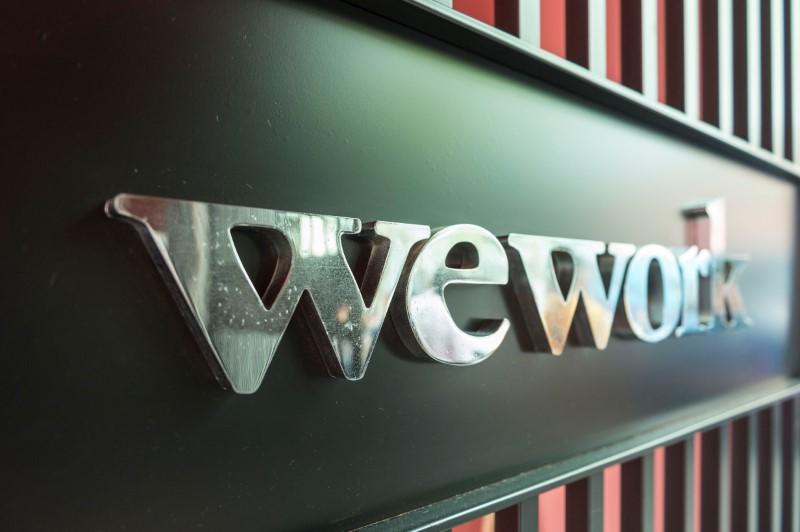Spiraling losses in tech shares have pushed the Nasdaq Composite Index to the precipice of becoming the first major U.S. stock gauge to enter a bear market since 2009.
Dragged down by its extra-heavy weighting in technology giants like Apple Inc. and Amazon.com, the benchmark fell for the fifth time in six days, briefly sliding 20 percent below its intraday record from August. The Nasdaq narrowly averted bear-market declines in 2011 and 2016.




